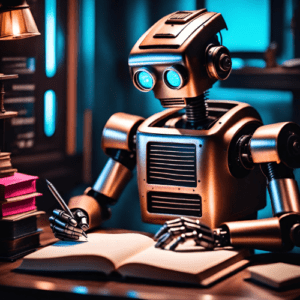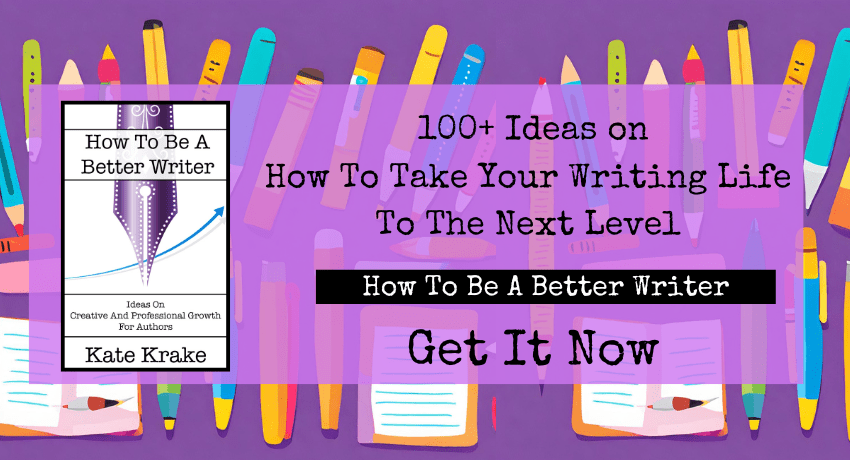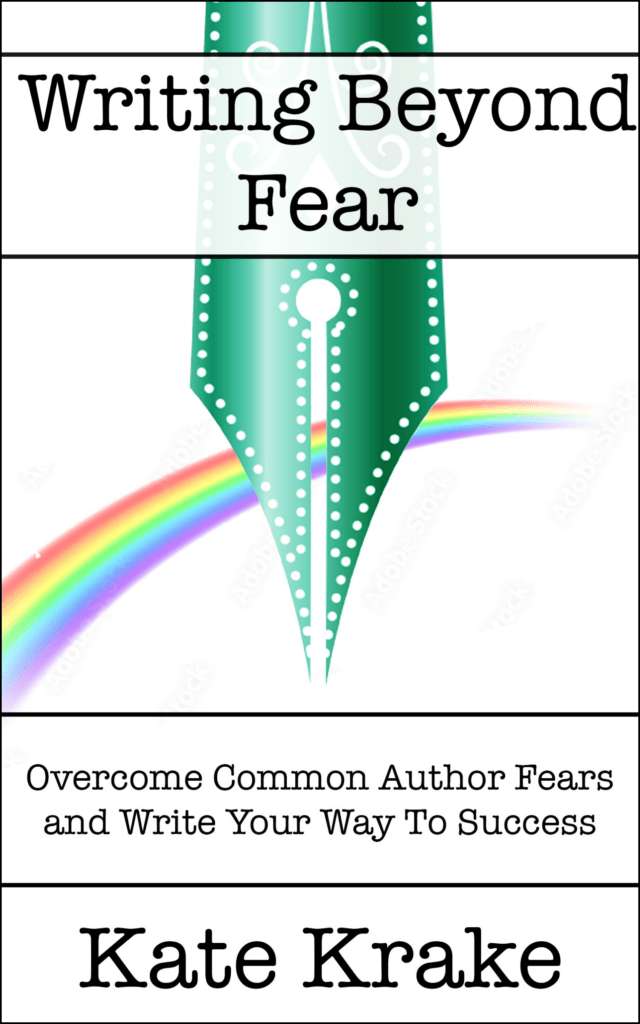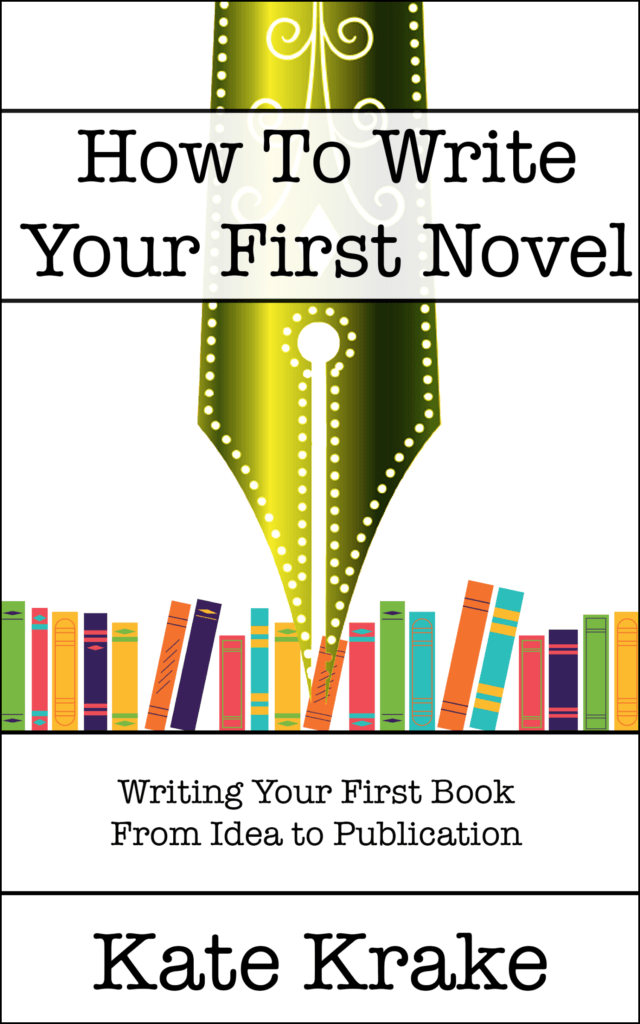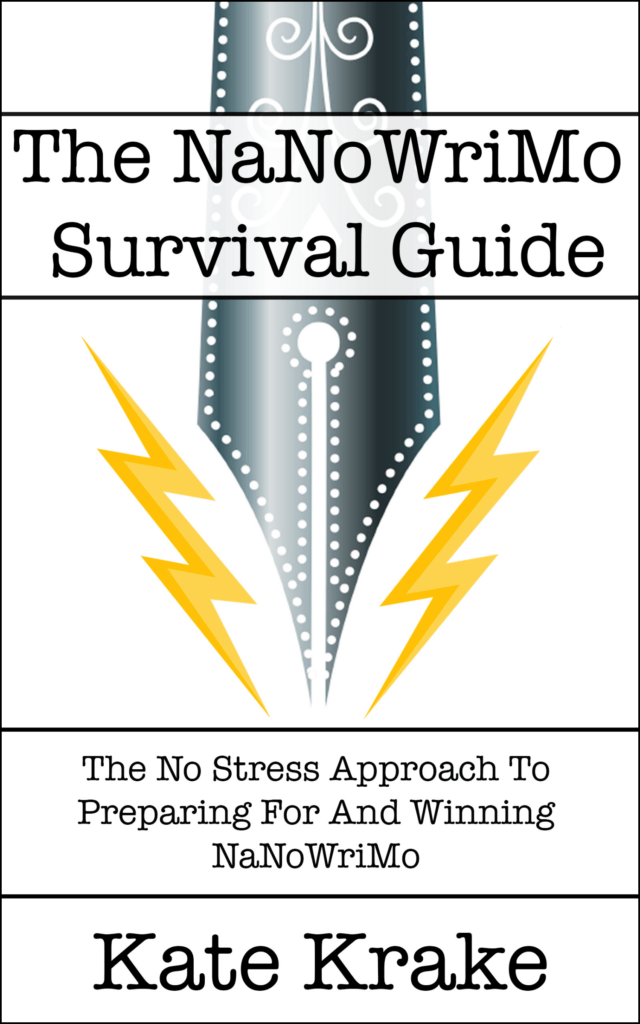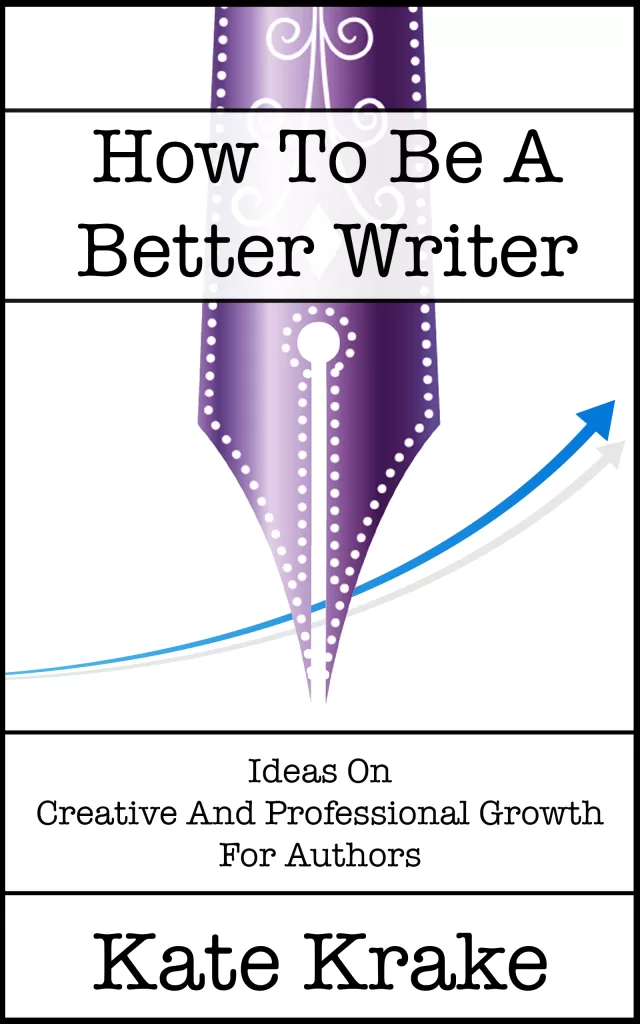Contrary to so many fears writers have at this point in history, you absolutely CAN use an AI writing assistant without giving of your authorial credit over to the robots.
You don’t have to give up your author voice, or your uniquely human creativity in order to use AI in your writing.
I use AI tools in my writing life almost every day. So do you.
Spell checkers, autocorrect, predictive text, voice commands, Siri, Alexa, Google search, it’s all AI.
But the AI we’re really talking about now is the generative AI like ChatGPT, the AI that many writers fear is coming to take over the industry.
Consider the following:
In navigating the evolving landscape of writing and AI, authors can seamlessly integrate artificial intelligence into their creative process while retaining the essential human touch. One approach is to view AI as a valuable assistant rather than a replacement. Authors can leverage AI tools to enhance efficiency, streamline research, and generate ideas, ultimately facilitating the writing process. By using AI to complement their skills, writers can maintain creative control while benefiting from the speed and data processing capabilities of these tools.
Furthermore, AI can serve as a collaborative partner, aiding authors in brainstorming and refining concepts. Embracing AI as a co-creator allows writers to blend their unique perspectives with the analytical capabilities of the technology, resulting in a harmonious synergy. Additionally, AI-powered editing tools can assist in refining language and style, ensuring a polished final product that reflects the author’s voice.
While integrating AI, it is crucial for writers to remain mindful of ethical considerations and maintain transparency with readers about the use of technology in their creative process. By embracing AI as a supportive tool, authors can harness its potential to elevate their craft, enriching their writing experience without sacrificing the authenticity and humanity inherent in their work. Ultimately, the harmonious integration of AI and human creativity opens new avenues for innovation, enabling writers to explore the full spectrum of their imaginative capabilities.
The above article (text in italics) was written by ChatGPT. It’s unedited, pasted directly from the app.
I fed the app articles I have already written on the topic of AI writing assistants, and asked it to produce a piece of text in the same style on the topic “How To Use An AI Writing Assistant (And Stay Human).”
Everything it produced above is my opinion and encapsulates how I use AI writing assistants. It’s not 100% in my writing style, but it’s close.
I use AI assistants for my writing and I am still a 100% human writer.
I write from my own world views, experiences, stylistic choices, and everything else I have ever used in my life long dedication to writing as an art and a craft.
I use ChatGPT, Claude, and AI image generators for:
- Brainstorming ideas.
- Brainstorming character names.
- Title ideas.
- Descriptive detail ideas.
- Research (always double check that!).
- Drafting blurbs and book descriptions.
- This article about how to use AI.
- Generative art AI tools for post images.
- Pinterest posts.
- AI narrated audiobooks.
Like all writers, I still struggle with ideas and craft, productivity constraints and mindset limitations, just as I always have done.
For me, writing with AI is not about speed and productivity.
I don’t want to use it to write an article or an entire novel or story in a few seconds or minutes.
I’m a writer, not an AI prompt engineer.
I use AI because it helps me think of different things.
Working with an AI writing assistant actually increases your creativity.
If creativity is finding innovation in the spaces between existing ideas, then look at AI as a way to provide more ideas, more spaces. Spaces you might never have been able to come up with on your own.
AI writing tools don’t detract from my creative process. AI enhances and enlivens and enriches my creative process.
I will use it in different ways as the technology continues to advance and I will still call myself a human writer.
You also have the choice NOT to use AI in your writing. How you use it is, like everything else in your writing life, totally up to you.

